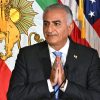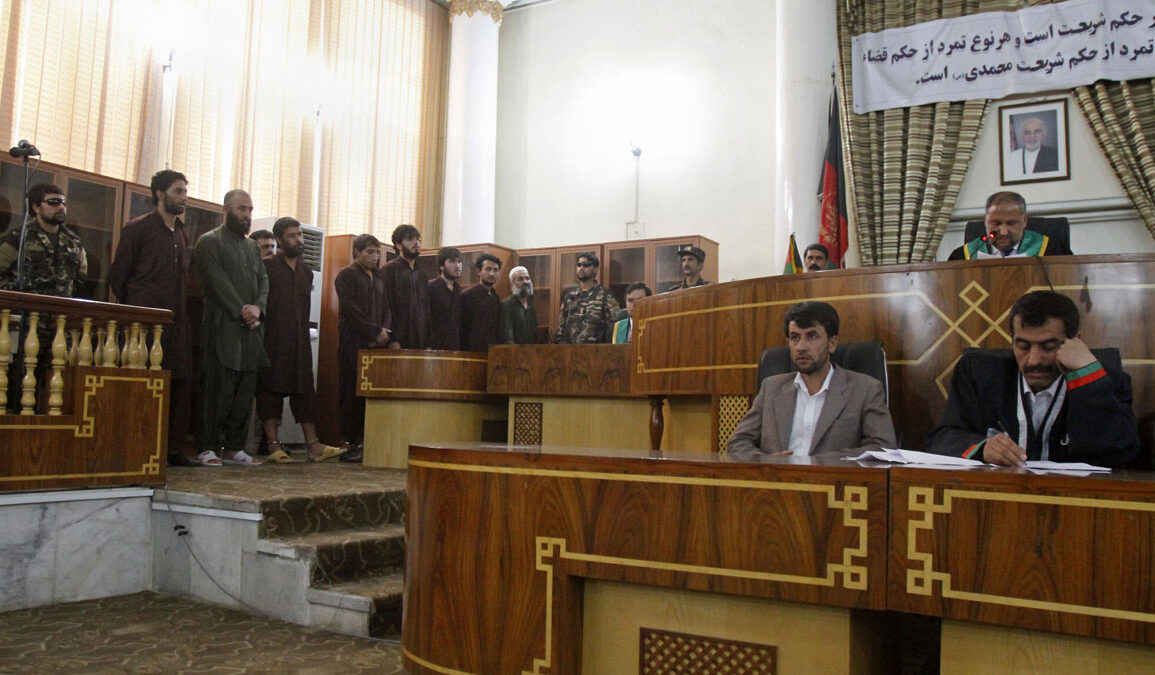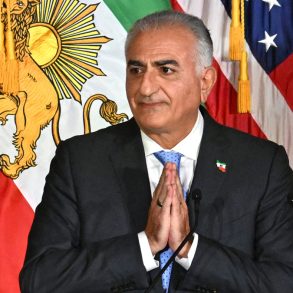Texas Gov. Greg Abbott has ordered state authorities to investigate reports that a Sharia tribunal has been operating in the Dallas area, handling disputes under Islamic law and presenting itself in ways that resemble a legal court. Abbott said the idea of such a tribunal is “inconsistent with Western civilization,” and his directive signals that Texas will not tolerate any parallel system of justice competing with the one established by the U.S. and Texas Constitutions.
The controversy erupted after posts on social media claimed that an Islamic panel in North Texas was issuing rulings rooted in Sharia. As those claims spread, Abbott stepped in publicly and demanded a closer look. He warned that while religious mediation is legal in Texas, no religious body has authority to bind people to its decisions or preempt state law.
What Prompted the Investigation
In letters sent to district attorneys, sheriffs, the Texas attorney general, and the Department of Public Safety, Abbott wrote that certain entities in Collin and Dallas counties may be “masquerading as legal courts” with “judges” issuing orders rooted in Islamic codes. According to Abbott, these groups may be attempting to operate outside normal legal oversight while pressuring Muslims to bring disputes to them instead of to Texas courts.
The governor noted language from the Dallas Islamic Tribunal’s website stating that Muslims in America are “obligated” to settle disputes under Islamic law. That message, Abbott argued, could steer people away from the protections of the American legal system, which guarantees due process and equal treatment for everyone.
Sharia Law and Its Role in the Dispute
The debate centers on Sharia, a system of religious rules and moral principles found in Muslim scriptures. In some countries, Sharia functions as an official legal code, sometimes including severe punishments that are completely illegal in the United States. In America, Sharia has no legal standing. Any religious tribunal can only operate as a voluntary form of mediation, and even then, its decisions must comply fully with state law.
The Dallas tribunal, founded in 2014, says it serves Muslims seeking religiously guided mediation, especially in divorce and family matters. The group’s representatives insist they cannot enforce rulings outside of what Texas courts allow. They also argue that religious arbitration is common across many faiths, noting that Christian and Jewish communities use similar systems for internal disputes.
Attorney Khalid Hamideh, who represents the tribunal, said religious courts are part of American history and are protected by the First Amendment. He rejected the idea that the tribunal tries to override Texas courts, saying it simply offers mediation and arbitration before sending any decision to civil courts for review.
The Council on American-Islamic Relations condemned Abbott’s investigation as an attack on religious freedom, calling his understanding of the law inaccurate. CAIR pointed out that religious arbitration is used across different communities and that all such decisions must comply with public policy.
Abbott, however, highlighted that some religious texts call for punishments like stoning for adultery and said Texas must guard against any attempt to bring those ideas into American legal disputes. CAIR responded that U.S. law already prohibits any religious ruling that violates criminal or civil statutes, making such punishments impossible.
The broader concern raised by Abbott’s office is whether people inside Muslim communities could feel pressured to submit to a Sharia tribunal, even if participation is supposedly voluntary. Critics argue that community expectations can make it difficult for individuals, especially women, to freely choose the protections of the state court system. That possibility, they say, threatens core American rights like due process and equal treatment.
Lawmakers in Texas have discussed proposals to ban the application of Sharia law entirely, and social media has fueled additional worries about Islamic influence in the state. These concerns mirror earlier debates, including a 2015 case in Irving where a religious mediation panel drew national attention despite having no authority to override civil law.
What Happens Next
State officials have not yet announced what they have found or whether the reported tribunal is operating outside legal boundaries. It remains unclear whether the Islamic Tribunal has tried to enforce decisions that contradict Texas law or whether its activities fall within the limits of voluntary mediation.
What is clear is Abbott’s stance. Texas, he says, has only one legal framework, and no religious group can create its own system of justice. The investigation will determine whether the Dallas tribunal has crossed that line and whether new action is needed to protect constitutional rights for everyone in the state.
NP Editor: In our opinion, Sharia law does not respect U.S. law, if Sharia courts exist then any Muslim in America can be forced into them, their Constitutional rights abridged, subject to a totalitarian religion. This should never be allowed in the U.S.








